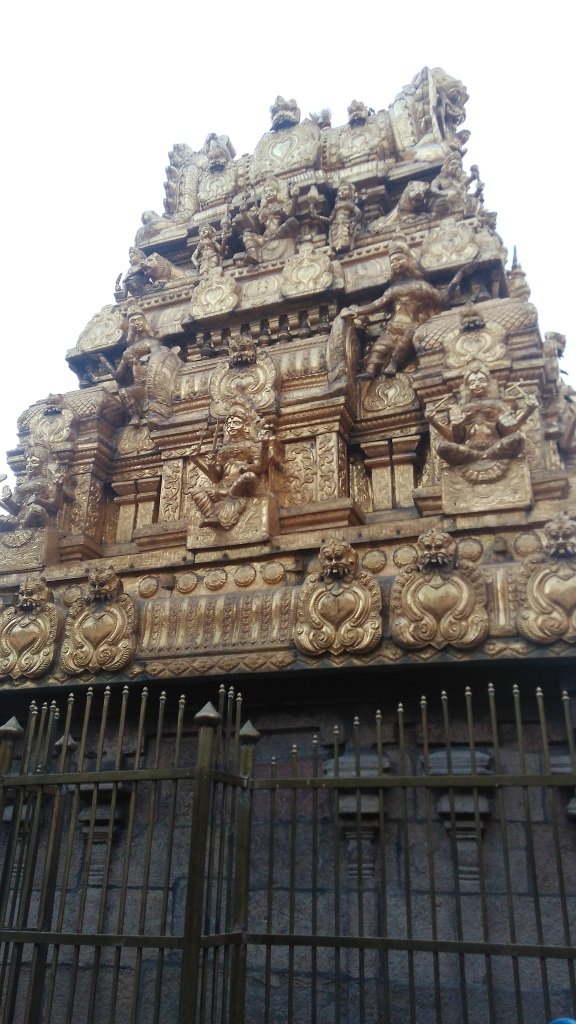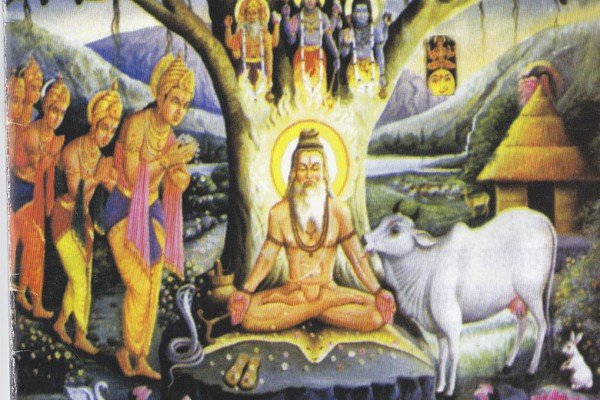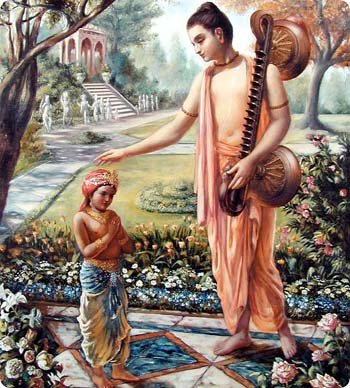#DivisionOfLAbor, we love it! Except it *does* make it a lot harder to provide for our own wants directly. We live by exchanging and cooperating with others. (I.iv.1) #WealthOfTweets #SmithTweets
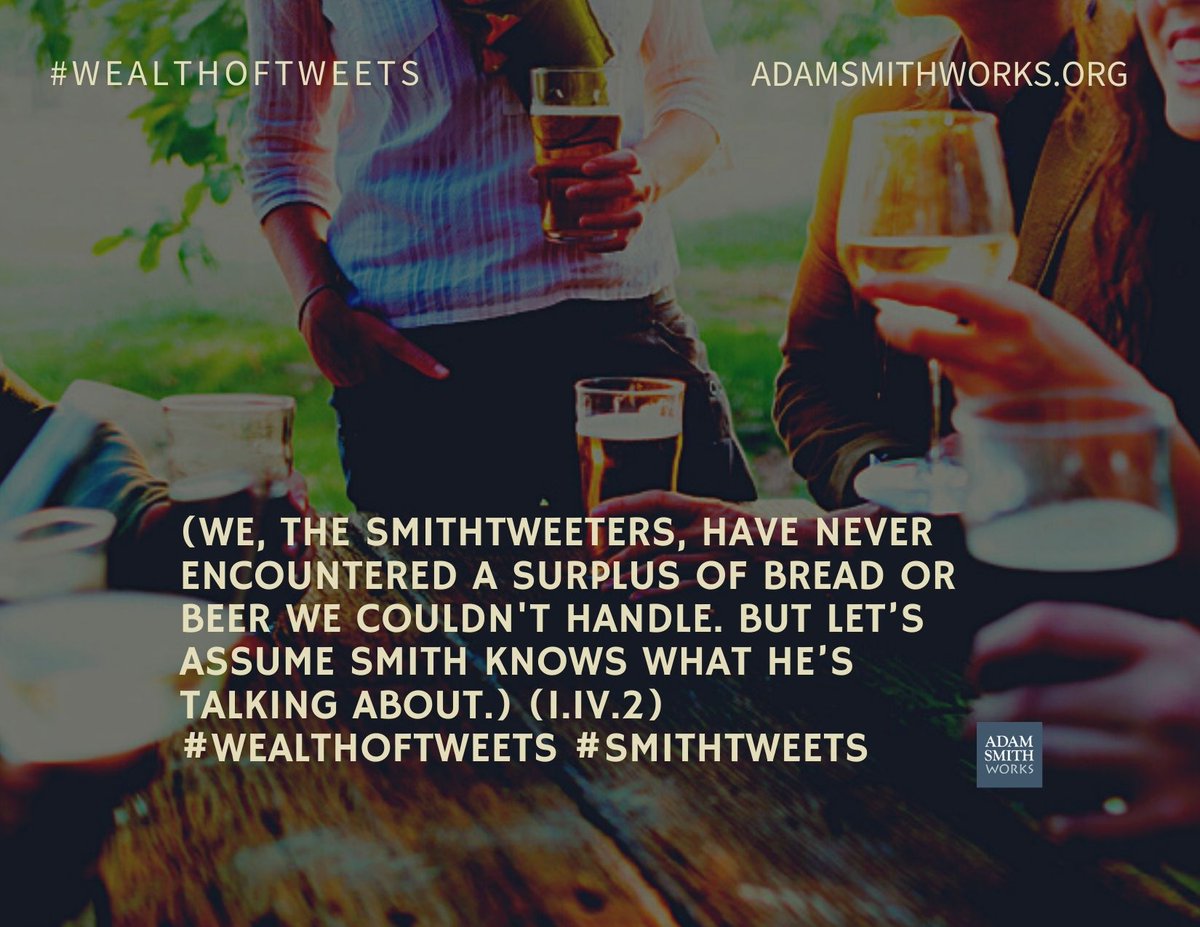
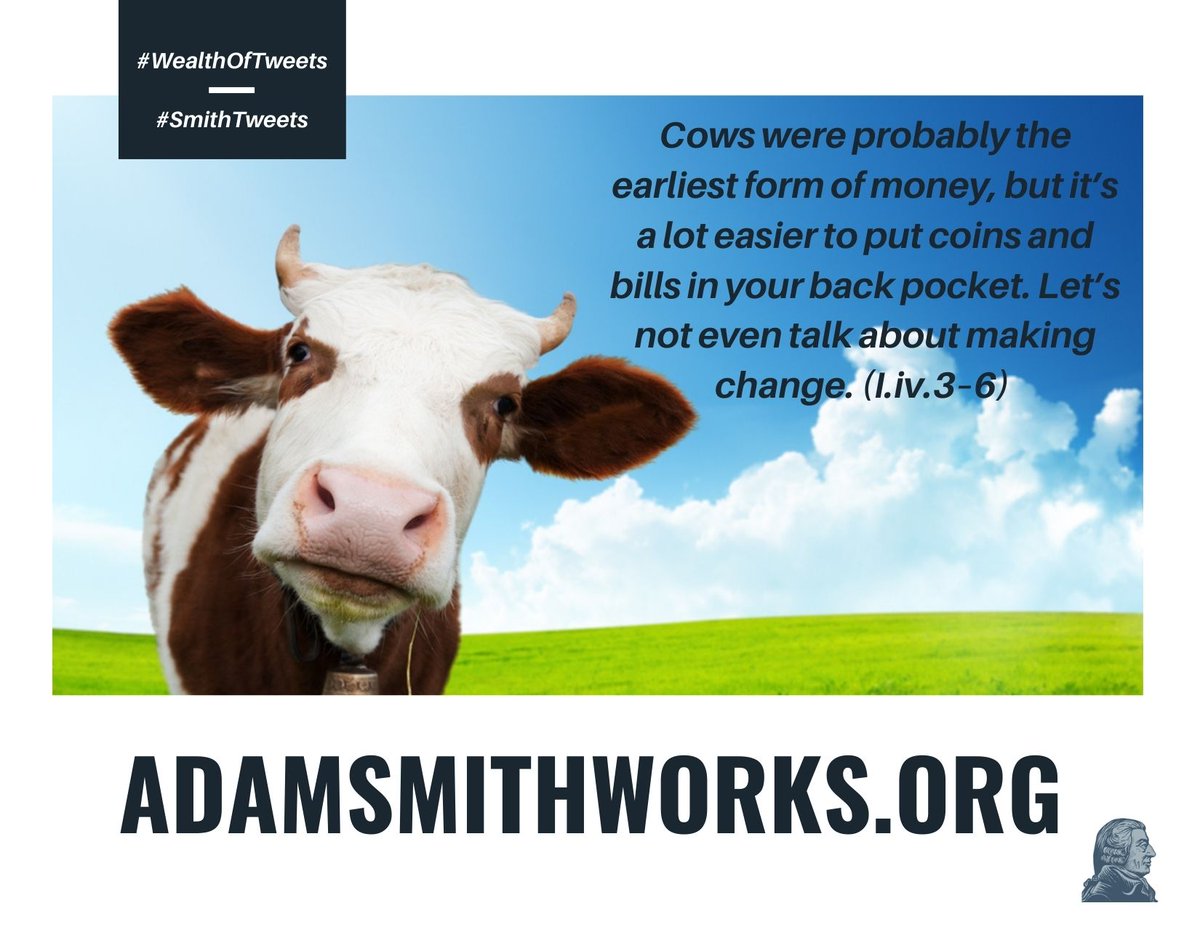
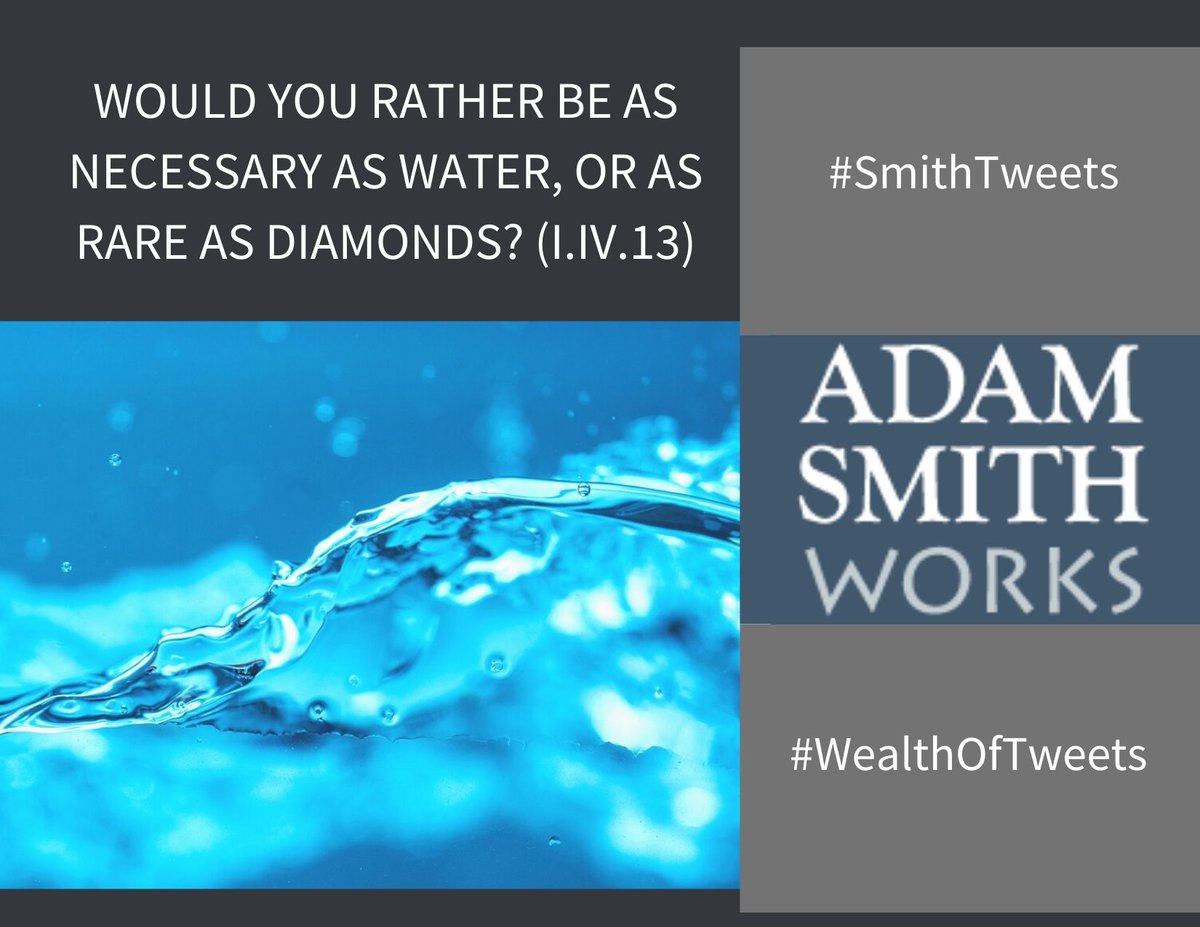
More from @AdamSmithWorks
OK. Chapter 7 of Book 4 of #WealthOfNations is tough going. It's long. It's serious. It's all about colonies.
We can take comfort, though, in knowing that the chapter #AdamSmith says is about colonies is, in fact, about colonies. (IV.vii) #WealthOfTweets #SmithTweets

Colonies were a vexed subject when #AdamSmith was writing, and they’re even more complicated now. So, before we even get to the tweeting, here’s a link to that thread on Smith and “savage nations.” (IV.vii) #WealthOfTweets
The reason for the ancient Greeks and Romans to settle colonies was straightforward: they didn’t have enough space for their growing populations. Their colonies were treated as “emancipated children”—connected but independent. (IV.vii.a.2) #WealthOfTweets #SmithTweets
(Both these things are in contrast to the European colonies, as we'll see.) (IV.vii.a.2) #WealthOfTweets #SmithTweets
Ancient Greeks and Romans needed more space because the land was owned by an increasingly small number of citizens and farming and nearly all trades and arts were performed by slaves. It was hard for a poor freeman to improve his life. (IV.vii.a.3) #WealthOfTweets #SmithTweets
We can take comfort, though, in knowing that the chapter #AdamSmith says is about colonies is, in fact, about colonies. (IV.vii) #WealthOfTweets #SmithTweets

Colonies were a vexed subject when #AdamSmith was writing, and they’re even more complicated now. So, before we even get to the tweeting, here’s a link to that thread on Smith and “savage nations.” (IV.vii) #WealthOfTweets
We have to pause now, because we have to have a whole new tweet thread on #AdamSmith and \u201csavage nations,\u201d because he\u2019s going to keep using this kind of phrase, so we need to talk about it. #WealthOfTweets #SmithTweets
— @AdamSmithWorks (@adamsmithworks) January 4, 2021
The reason for the ancient Greeks and Romans to settle colonies was straightforward: they didn’t have enough space for their growing populations. Their colonies were treated as “emancipated children”—connected but independent. (IV.vii.a.2) #WealthOfTweets #SmithTweets
(Both these things are in contrast to the European colonies, as we'll see.) (IV.vii.a.2) #WealthOfTweets #SmithTweets
Ancient Greeks and Romans needed more space because the land was owned by an increasingly small number of citizens and farming and nearly all trades and arts were performed by slaves. It was hard for a poor freeman to improve his life. (IV.vii.a.3) #WealthOfTweets #SmithTweets
The great thing about #AdamSmith is that when he's about to go off on a 65 page tangent, he warns you. Humans, we bring you the DIGRESSIONS ON SILVER! #OhLawdHeComin #WealthOfTweets
Oh King Edward III, it’s adorable that you think you can just decree that servants and laborers become permanently content with wages fixed at the rate they were at five years ago. https://t.co/NtOmttquJ3 (I.xi.e.2) #WealthOfTweets #SmithTweets

He’s already digressing, and he can’t take a minute to share the menu from that famously magnificent feast with us? (I.xi.e.4–5) #WealthOfTweets #SmithTweets
Super Important 18thC Vocab Geekery: When Smith says the price of the quarter of wheat wasn't “supposed to be < 4 oz silver” he doesn’t mean “shouldn't be.” He means “wasn't thought to be.” He’s not approving of fixed prices. (I.xi.e.7) #WealthOfTweets #SmithTweets
So. Many. Wheat. Prices. (But really, Smith is talking about how much wheat it takes to buy a quantity of silver, NOT how much silver it takes to buy a quantity of wheat.) (I.xi.e.1–14) #WealthOfTweets #SmithTweets
Oh King Edward III, it’s adorable that you think you can just decree that servants and laborers become permanently content with wages fixed at the rate they were at five years ago. https://t.co/NtOmttquJ3 (I.xi.e.2) #WealthOfTweets #SmithTweets

He’s already digressing, and he can’t take a minute to share the menu from that famously magnificent feast with us? (I.xi.e.4–5) #WealthOfTweets #SmithTweets
Super Important 18thC Vocab Geekery: When Smith says the price of the quarter of wheat wasn't “supposed to be < 4 oz silver” he doesn’t mean “shouldn't be.” He means “wasn't thought to be.” He’s not approving of fixed prices. (I.xi.e.7) #WealthOfTweets #SmithTweets
So. Many. Wheat. Prices. (But really, Smith is talking about how much wheat it takes to buy a quantity of silver, NOT how much silver it takes to buy a quantity of wheat.) (I.xi.e.1–14) #WealthOfTweets #SmithTweets













